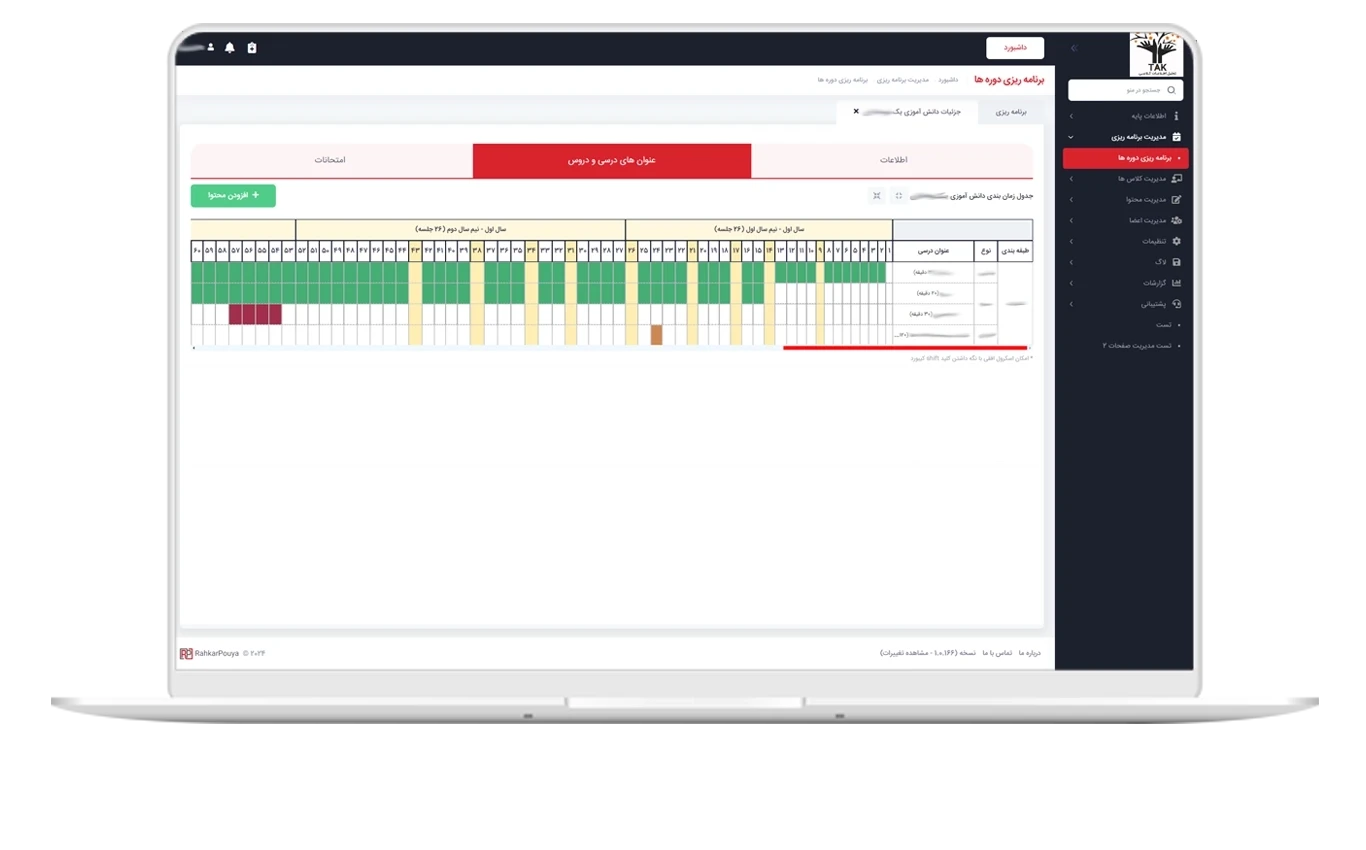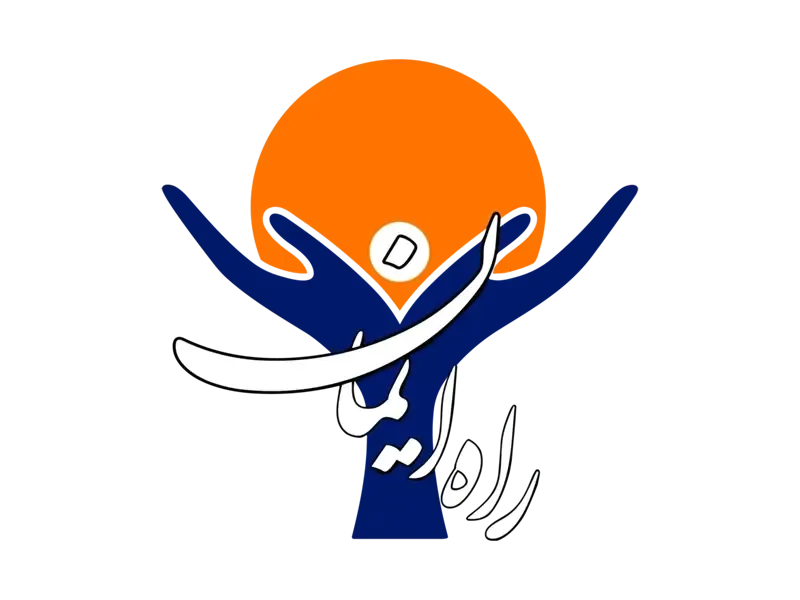Introduction to the Faith Path Institute's System Project
The Faith Path Institute has been serving in various educational, cultural, social, and service-related fields for over two decades with the efforts of philanthropists in the underprivileged regions of the south of the country. Building and managing schools, holding faith-based classes, establishing cultural centers, caring for orphans, and sending medical teams to deprived areas are just some of the valuable services provided by this institute.
Given the extensive activities and the need for better organization of services, the design and implementation of a dedicated website and application as an intelligent platform for managing activities and effective communication with the target community was put on the agenda. This system is a successful example of designing purpose-built systems as well as designing custom systems tailored to the specific needs of the institute.
Key Objectives of the Project
- Organizing the educational and cultural activities of the institute
- Effectively managing classes, exams, and meetings
- Increasing transparency in financial processes and support requests
- Creating an integrated platform for cultural and social activities
- Utilizing modern technologies to provide faster and better services
Main Sections of the Faith Path Institute's System
Class Management
The system allows for the registration, scheduling, attendance, and regional management of classes.
Exam and Meeting Management
A special section is designed for scheduling exams and meetings with the capability to monitor the performance of students and members.
Course Planning Management
Defining training courses, uploading exclusive content, and tracking student progress online.
Management of Educational Content and Extracurricular Programs
Providing multimedia content, articles, and organizing cultural and faith-based extracurricular programs.
Management of Financial and Material Requests
Integrating the request processes for more efficient fulfillment of educational, cultural, and social needs.
Health and Medical Management
Tracking medical requests, sending medical teams, and monitoring health services provided in deprived areas.
Event Management and On-site Monitoring
Recording and managing events, occasions, and cultural meetings in an integrated manner within the system.
Benefits of Implementing the System
- Increased efficiency in managing educational and cultural processes
- Creating transparency in financial and support services
- Strengthening interaction with members, students, and families
- Reducing bureaucracy and simplifying processes
- Moving towards digitizing processes in non-governmental organizations
Conclusion
The Faith Path Institute's system project, relying on the design of a dedicated website and application, customer-centric system design, and purpose-built system design, managed to create a successful model for the digitization of educational, cultural, and social processes in deprived areas. This project, while increasing efficiency and transparency, paved the way for providing faster and broader services to students and their families and played an important role in cultural and social development.
Frequently Asked Questions (FAQ)
1. Why did the Faith Path Institute need a dedicated system design?
Due to the extensive activities and diversity of services, a dedicated system provided a more integrated and faster management option.
2. What is the difference between this system and general systems?
This system was specifically designed to address the special needs of the institute in the fields of education, culture, and social services.
3. What sections does the system cover?
Class management, exams, meetings, extracurricular programs, financial and medical requests, educational content, and events.
4. What advantages does it offer to members?
Members can access classes, contents, and support requests online, facilitating greater interaction with the institute.
5. Does the system have the potential for development?
Yes, this system is designed to be modular, allowing for the addition of new sections like an internal social network or a mobile app.
6. What is the role of this project in cultural and social development?
By organizing activities, it allows for greater focus on expanding culture, education, and social services in deprived areas.




